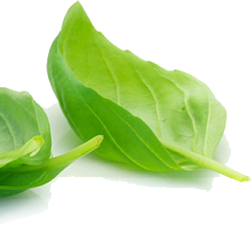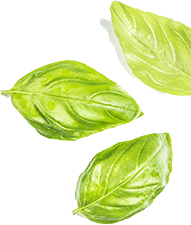



Organic foods—are they better, safer, more nutritious? That's what many active people want to know. After all, when you are training hard to enhance your performance, you might as well enhance your health at the same time—and that means eating wisely and well.
Questions arise: should eating organic foods be a part of your sports diet? This article addresses some questions athletes commonly ask about whether or not to go organic.
The Meaning of Organic
To start, what does "organic" actually mean? Organic refers to the way farmers grow and process fruits, vegetables, grains and dairy products. Only foods that are grown and processed according to organic standards can be labelled "organic."
Organic farming practices are designed to conserve soil and water and to reduce pollution. For example, organic farmers do not use chemical fertilizers, insecticides or weed killers on crops. Nor do they use growth hormones, antibiotics and medications to enhance animal growth and prevent disease.
Why Go Organic?
Organic fruits and vegetables can cost about 30 percent more than standard produce, if not more. If you are a hungry athlete who requires a lot of food, you might be wondering: Are organic products worth the extra cost? If you consider all costs including healthcare after eating pesticide and chemical laden food, you may find organic food a lot cheaper. In terms of taste too, organic foods taste much better.
In terms of nutrition, Organic foods have more minerals and antioxidants than conventionally grown counterparts.
One important reason to buy organic--preferably locally grown organic--is to help sustain the earth and replenish its resources. Buying organically and locally grown foods supports the small farmers and helps them earn a better living from their farmland. Otherwise, farmers can easily be tempted to sell their land for house lots or industrial parks--and there goes more beautiful, open green space.
The other potential reason to choose organic relates to reducing the pesticide content in your body and the potential risk of cancer and birth defects.
For an athlete or an extremely active individual, you need a diet that can keep up with your high performance demands and help you recover quickly afterward. This is especially true if you are doing something that takes a lot of endurance at a high intensity level.
Anytime you are working out at this high intensity for 60 to 90 minutes, such as runners, basketball players, soccer players or any other fast-paced sport, your body needs extra fuel.
Dr. Stephen Kollias, OrthoIndy sports medicine specialist shares five nutrition guidelines that will help keep your body powered.

2018-10-25
2017-10-18
Comment Form